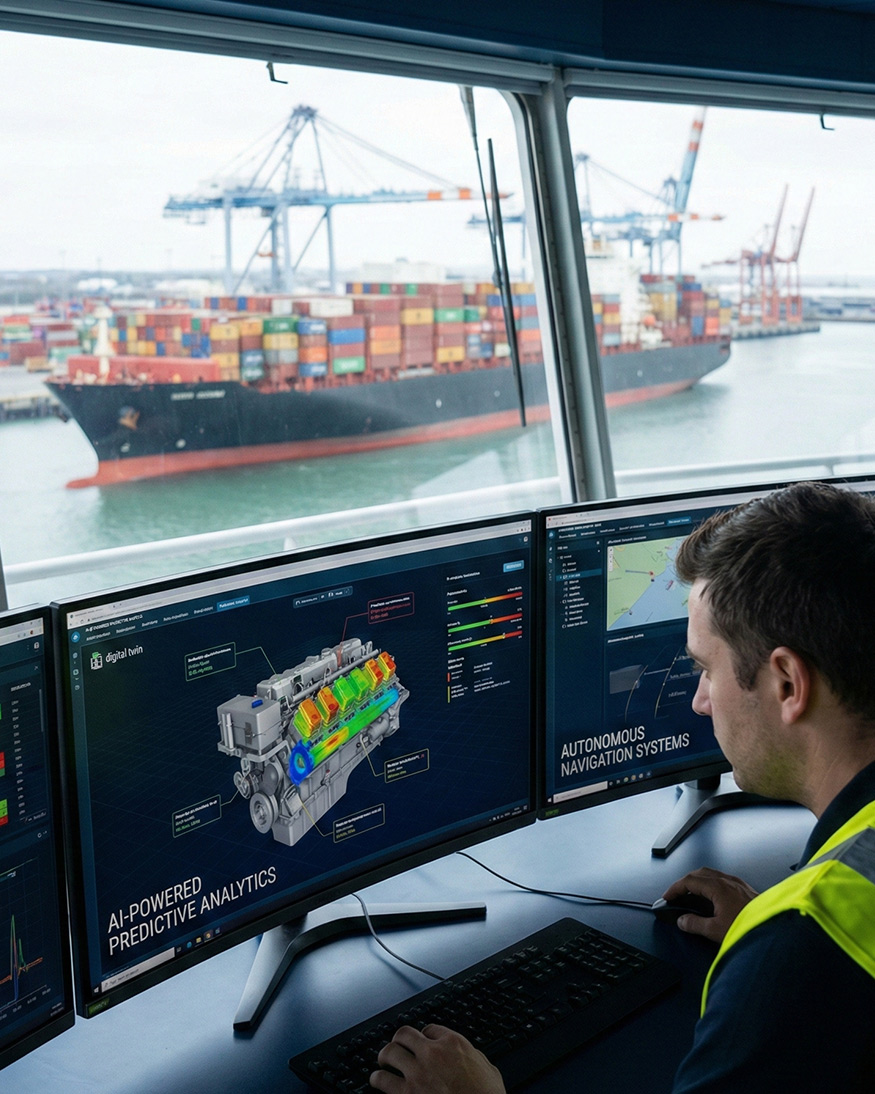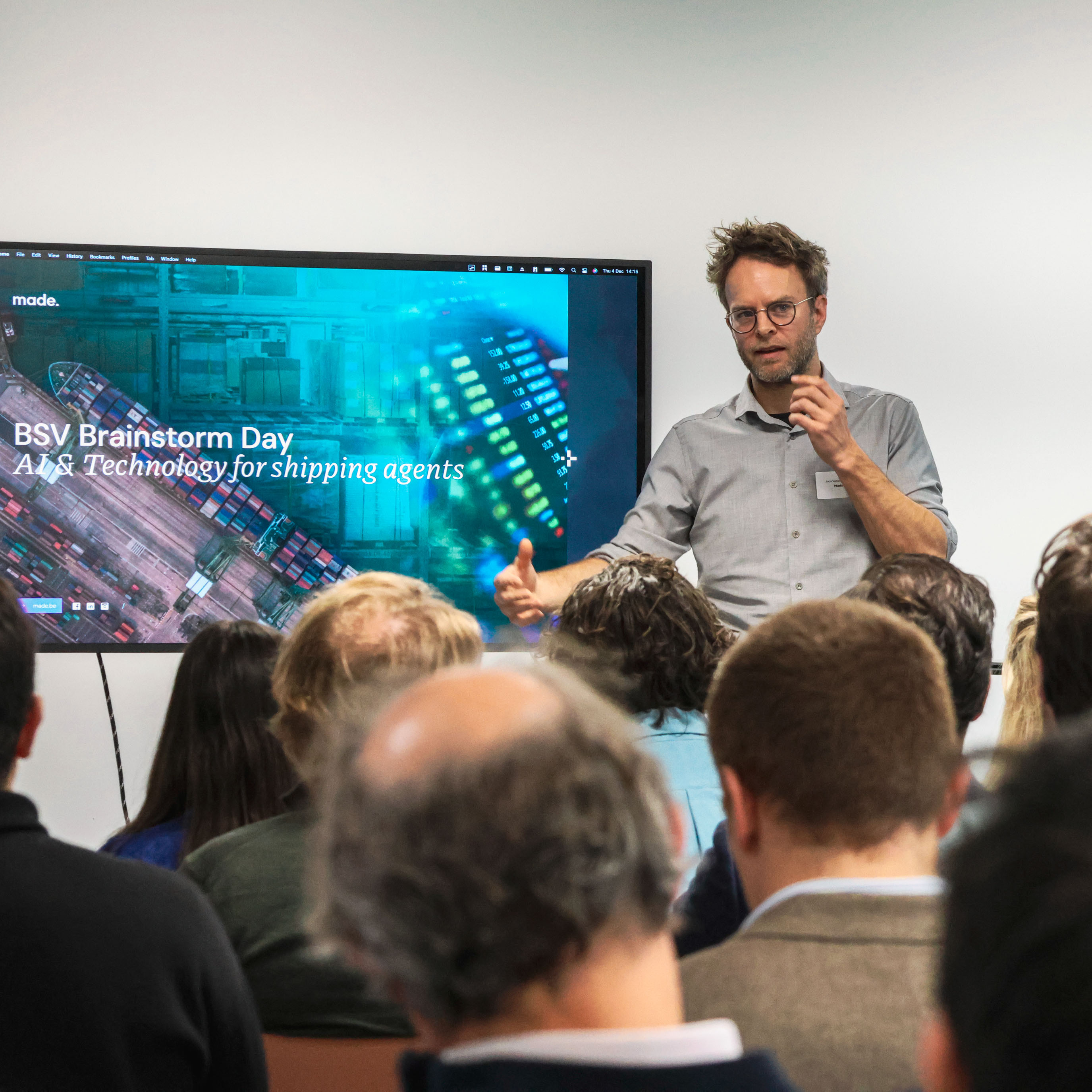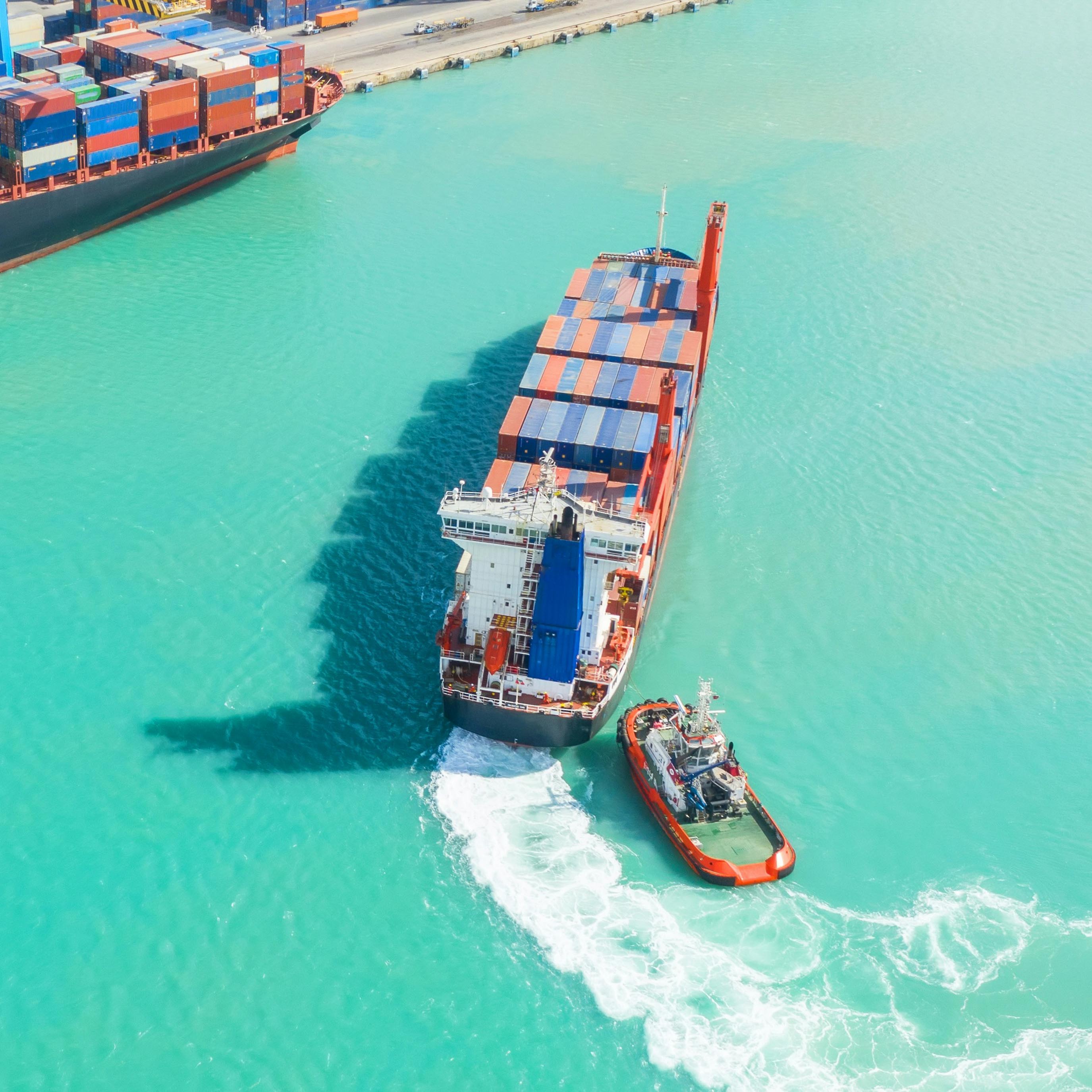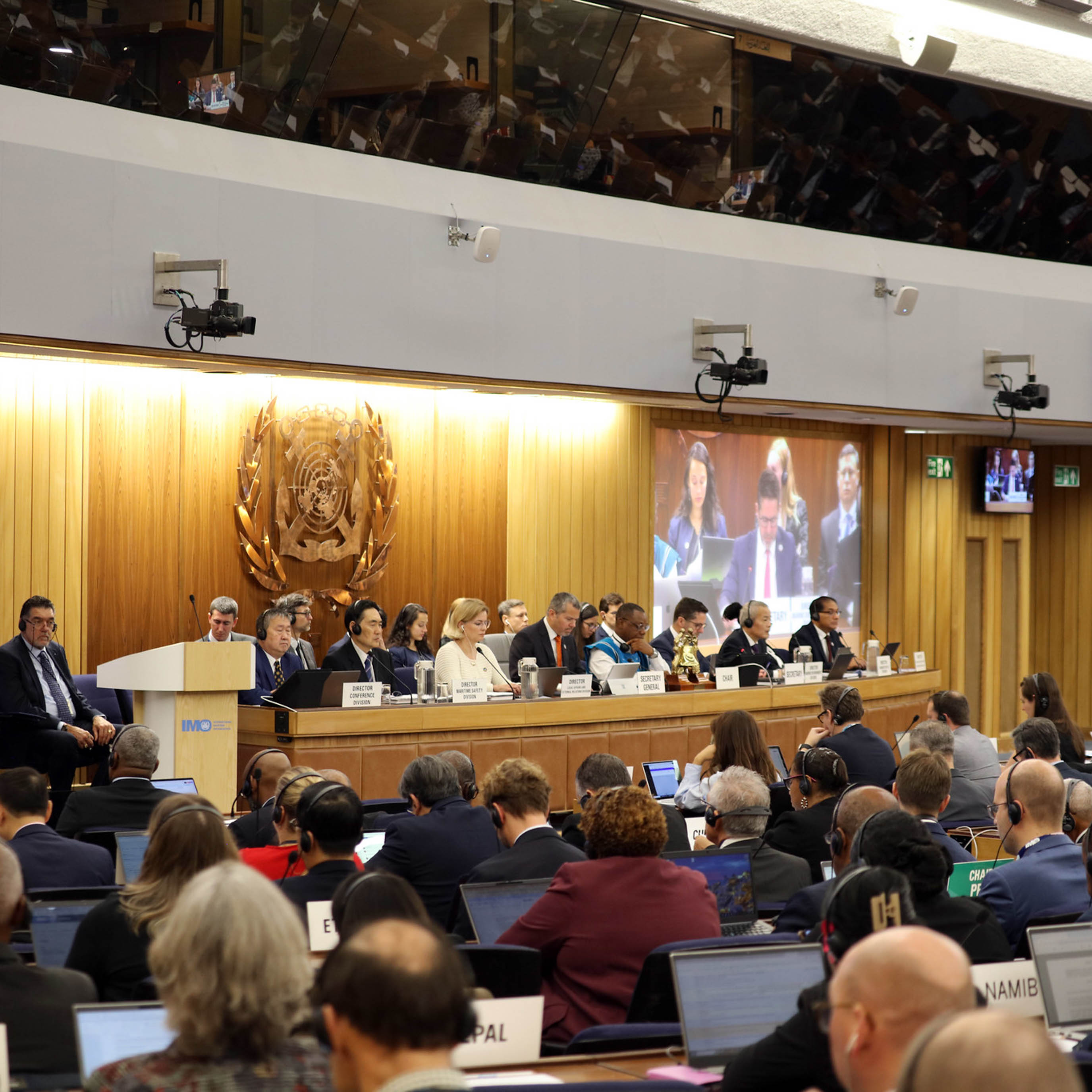The delayed adoption of the IMO Net-Zero Framework: a strategic opportunity in disguise
The maritime industry faced an unexpected setback last week when the International Maritime Organization (IMO) voted to postpone adoption of its Net-Zero Framework (NZF) by one year. However, the delay comes with a strategic opportunity for maritime business leaders.
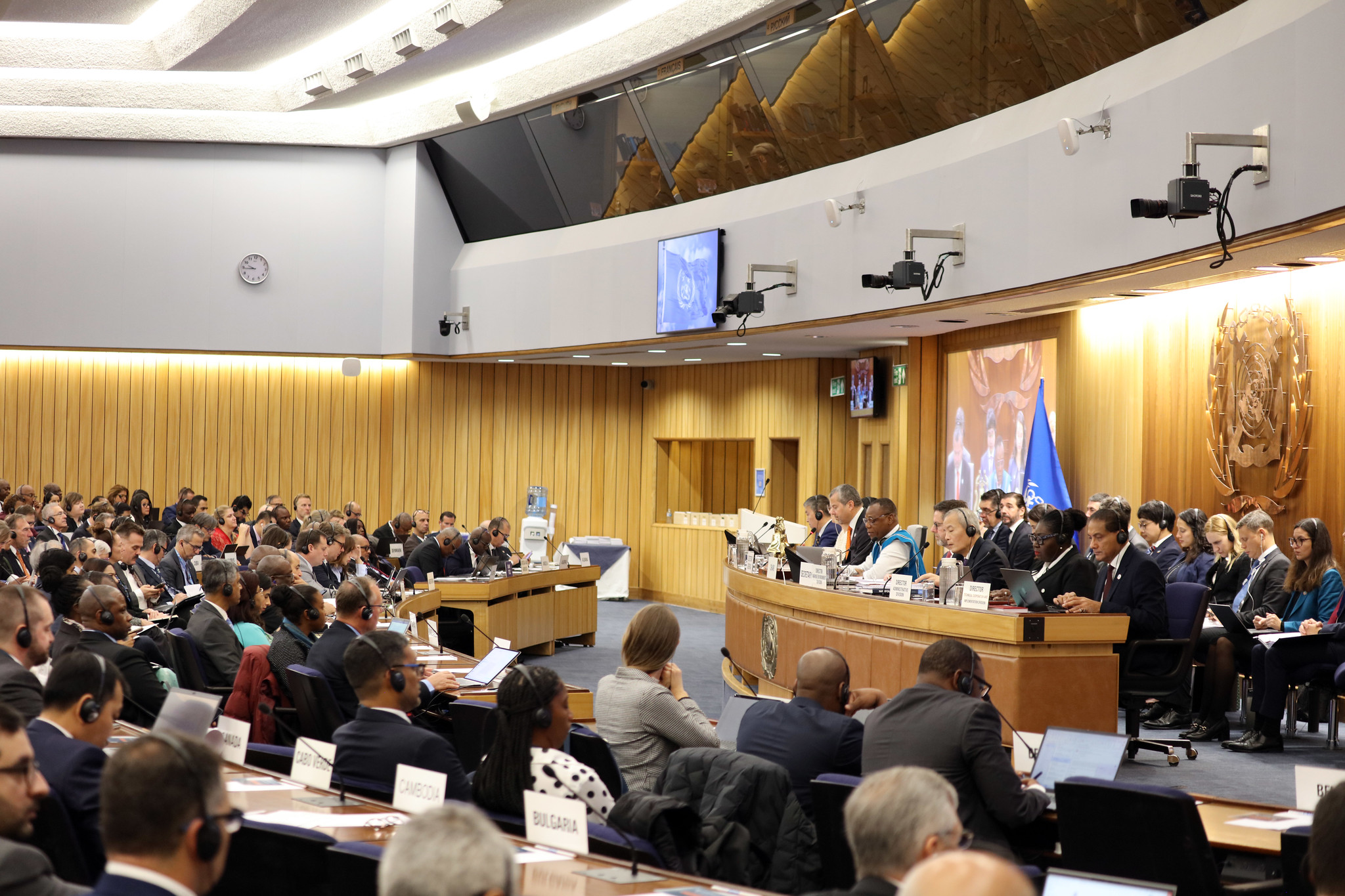
Postponed adoption of the IMO Net-Zero Framework.
Antwerp, Belgium - October 29th, 2025
The maritime industry faced an unexpected setback last week when the International Maritime Organization (IMO) voted to postpone adoption of its Net-Zero Framework (NZF) by one year during the Marine Environment Protection Committee (MEPC) 2nd extraordinary session.
Even though industry reactions have been mixed ever since, the delay comes with a strategic opportunity for maritime business leaders.
In this article, our Maritime Business Leads Nick Heren explains how the extra year could help maritime business innovate with purpose.
Clarity versus dialogue.
First things first: context.
As a result of the vote to postpone adoption of the NZF - a vote that was expected to be a relatively easy session in favor of adoption - delegates will continue to work towards consensus on the IMO Net-Zero Framework for at least the next 12 months. The meeting will, therefore, continue in October 2026, which means the possible entry into force will be on 1 March 2028 at the earliest.
The postponed framework would have introduced mandatory greenhouse gases (GHG) fuel intensity targets and penalty mechanisms for ships exceeding emission thresholds.
Industry reactions to the delayed adoption have been mixed so far.
Thomas Kazakos, Secretary General of the International Chamber of Shipping, expressed concern that "industry needs clarity to be able to make the investments needed to decarbonize the maritime sector."
Others, like Intercargo’s Kostas Gkonis, characterized the delay as "an opportunity for further dialogue”, while Odjfell’s Chief Sustainability Officer, Øistein Jensen, expressed his disappointment in a recent LinkedIn post “not only because the framework was postponed, but because of how it was postponed”.

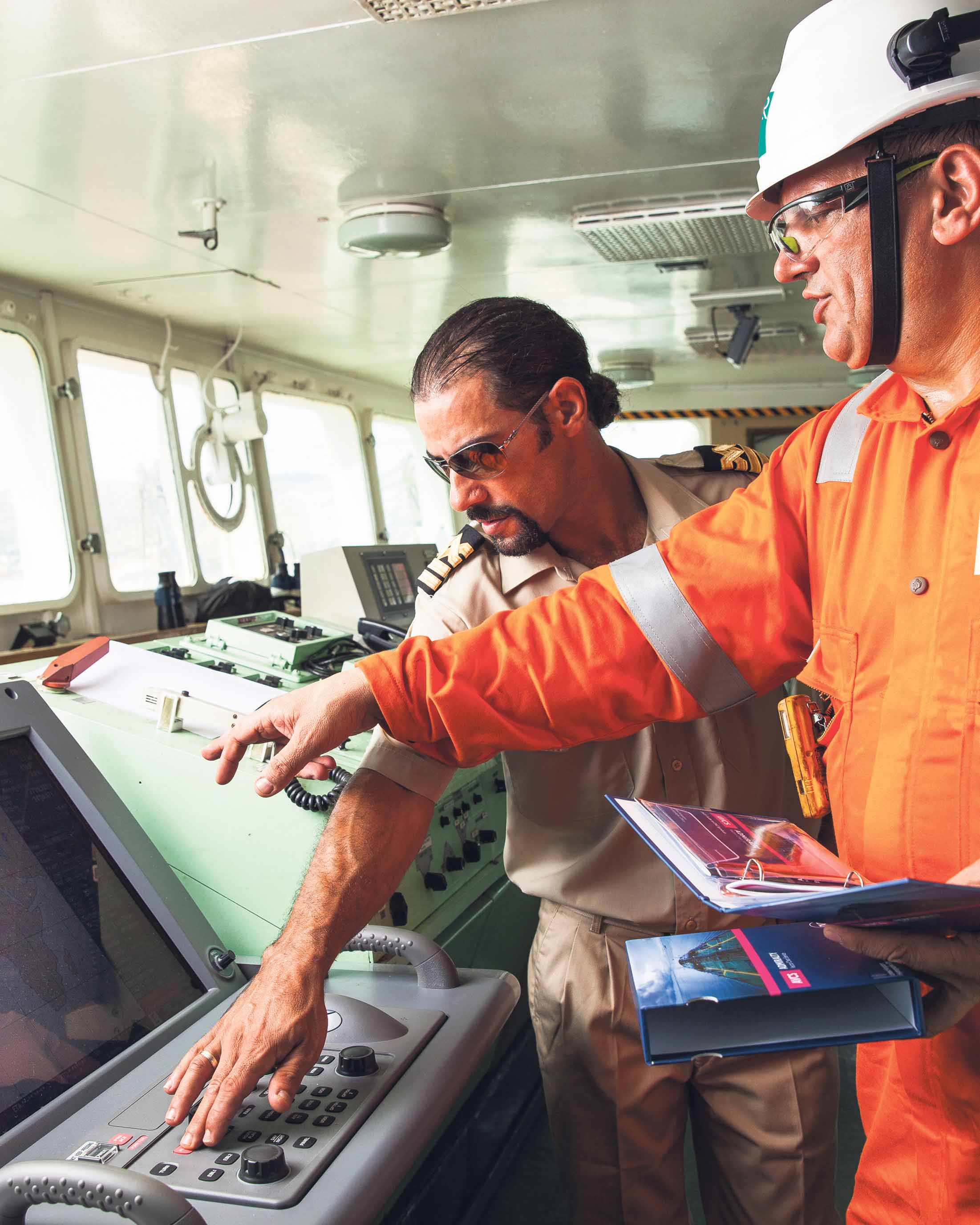

Despite the delay, the competitive dynamics driving today’s maritime transformation haven't changed. Maritime organizations leveraging data opportunities to optimize operations, reduce costs, and demonstrate measurable environmental improvements are still the ones that are most likely to capture additional market share going forward.
An opportunity to innovate, now.
The IMO's decision to postpone the Net-Zero Framework by one year understandably creates uncertainty for maritime operators who've been preparing for 2027 implementation. However, this delay also presents a strategic opportunity.
Maritime Business Lead, Nick Heeren, explains:
"Despite the delay, the competitive dynamics driving today’s maritime transformation haven't changed. Fuel still represents a significant amount of vessel operating costs. Customers still demand increased visibility in sustainability performance. And Maritime organizations leveraging data opportunities to optimize operations, reduce costs, and demonstrate measurable environmental improvements are still the ones that are most likely to capture additional market share going forward."
Heeren emphasizes that while regulatory timelines may shift, the fundamental drivers of maritime transformation continue to accelerate:
"Customer expectations aren't retreating. Major shippers are already requiring real-time cargo tracking and verified emissions data, regardless of IMO schedules. Regional regulations like the EU's emissions trading system and FuelEU Maritime continue advancing on their own timelines. And operational efficiency remains the fastest path to emissions reduction, as recently noted at the London International Shipping Week where a large fleet operator explained how they achieved 10-15% emissions reductions simply by measuring performance and acting on data-driven insights."
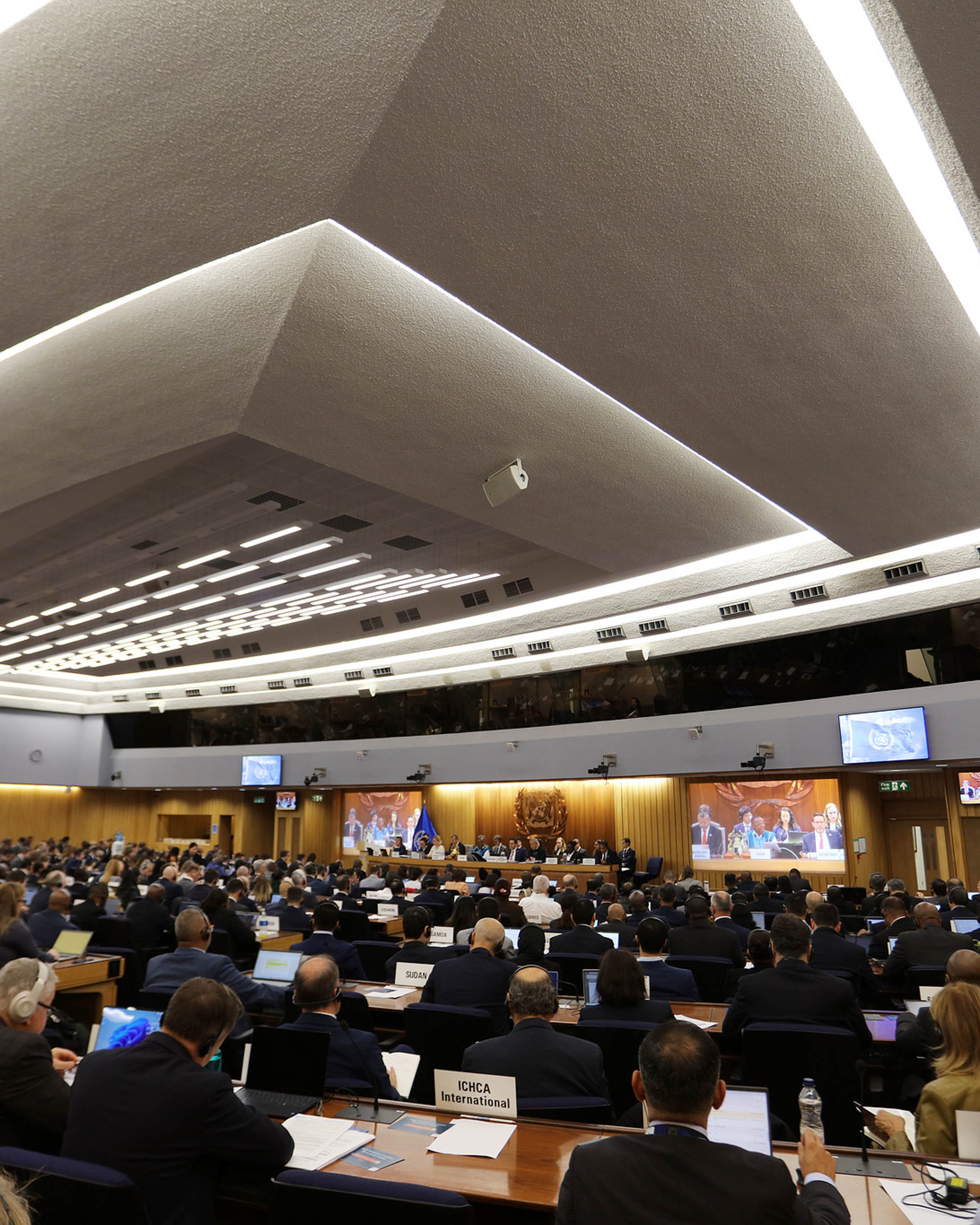


The real opportunity: time to build data infrastructure.
At Made, we look at the event from an innovation standpoint. Therefore, what this extra year provides is breathing room for organizations that haven't yet built the infrastructure for the much needed digital transformation, regardless of specific regulatory timelines.
“The winners in 2027, 2028, or whenever final regulations arrive, will be the companies that spent this time mastering their data rather than waiting for regulatory clarity”, Heeren explains. “ In addition, the extra year is also a chance to prepare for a far more complex fuel landscape. As regional regulations like FuelEU Maritime and ETS evolve, operators will need to navigate different carbon pricing systems, fuel availability, and compliance costs on a trade-by-trade basis. In this context, data mastery becomes the foundation for smarter fuel and pooling strategies.”
“By connecting operational data with fuel performance, cost, and emissions data, operators can model future fuel scenarios with greater precision, understanding which combination of fuels, voyages, and partners will deliver the lowest total cost of compliance. This same data-driven insight underpins effective pooling strategies, where fleets combine their performance profiles to balance high- and low-emission assets and collectively reduce penalties.”
The IMO may have given the maritime industry an extra year; how businesses use it will determine which organizations will lead the (data driven) transformation or struggle to catch up.
How Made helps maritime organizations prepare.
At Made, we work with leading maritime organizations like CMB.Tech, Lloyd's Register, PSA and Spliethoff to transform how they capture, manage, and leverage operational data. We help organizations at two critical stages:
- We analyze how your maritime organization currently works, where data originates, how it's shared (or not shared), and what's actually possible with the data you already generate. This ‘Opportunity Scan’ assessment delivers a clear roadmap showing exactly what steps will move your organization from data underuse to data mastery.
- We build maritime-specific digital tools that streamline data across your organization. These aren't generic solutions adapted from other industries. They're specifically designed around the maritime workflows, constraints, and performance requirements of shipping operations, integrating seamlessly into daily work.
The bottom line.
"The IMO may have given the maritime industry an extra year," Heeren concludes. "How you use it will determine whether your organization leads the (data driven) transformation or struggles to catch up. The question is not whether you'll eventually need robust data management infrastructure. The question is whether you'll build it proactively during this window or reactively when regulatory deadlines arrive."
The maritime organizations gaining market share today are those that recognize data mastery as a strategic imperative rather than a compliance exercise. The delay doesn't change the destination. It simply gives forward-thinking operators more time to build the competitive advantage that will separate tomorrow's maritime winners from losers.



